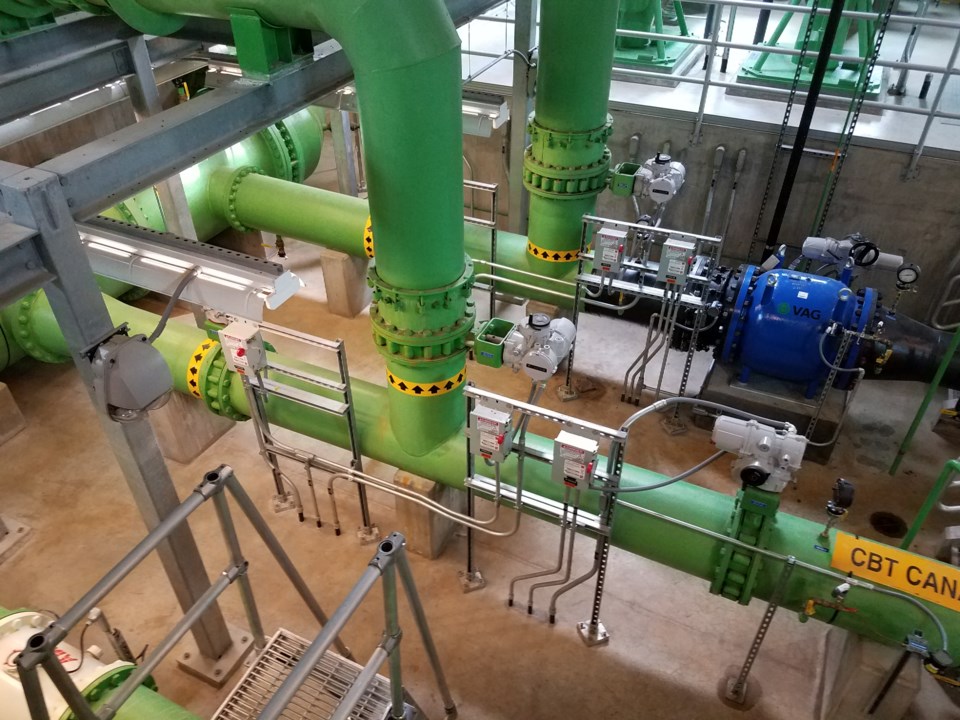Residents are already paying for improvements to Longmont’s aging water system even as they are being asked on Nov. 3 to pass an $80 million bond issue for upgrades to the Nelson-Flanders Water Treatment Plant and the city’s network of water pipes.
Longmonters began paying for the upgrades in January as part of a five-year rate schedule adopted by city council in 2019, according to city officials.
The higher rates were calculated to make sure they were sufficient enough to support bond payments for the $80 million proposal, Becky Doyle, assistant director of business services for the city’s Public Works and Natural Resources Department, said in an email.
The higher rates will continue over the next four years, through Jan. 1, 2024. But, Doyle said, the adopted rate increases would not be enough to fund the capital improvements without the revenue generated through a bond sale. Existing fund balances also will help pay for refurbishing of the water system, according to a breakdown of the bond issue posted on the city website.
If the bond issue, which appears on the ballot as Question 3C, fails, the increased rates would still be in place and the city would look to existing cash balances and other funding sources to pay for the upgrades, according to the website.
Longmont also is unique in its habit of issuing bonds, Doyle said.
Colorado voters are accustomed to seeing ballot questions for bond issues where the repayment source is a tax, because that is the requirement of Colorado’s Taxpayer Bill Of Rights, Doyle said. Entities that are considered “enterprises” under TABOR do not have those election requirements.
“... So water utilities in other communities could issue revenue bonds without a vote,” she said in her email.
However, Longmont’s charter requires a vote for revenue bonds regardless of enterprise status.
“If it seems like we see more bond questions in Longmont than in other communities, that’s the reason,” Doyle said.
Among the projects the bonds would fund is the expansion of the capacity at the Nelson-Flanders Water Treatment Plant, Bob Allen, Public Works and Natural Resources director of operations, said in an email.
The Nelson-Flanders plant came online in 2005 and will be cheaper to expand versus overhauling the Wade Gaddis Water Treatment Plant, which was built in 1985, Allen said.
Since the Gaddis plant went online, there have been a lot of regulatory changes, he said.
“That Wade Gaddis plant is beyond its lifecycle and a simple refurbishment won’t work; it would need a major overhaul to meet the regulations that are now in place,” Allen said.
Adding capacity from Wade Gaddis to the Nelson-Flanders plant just makes more financial sense, he said.
“It’s still a pretty hefty price tag,” Allen said.



